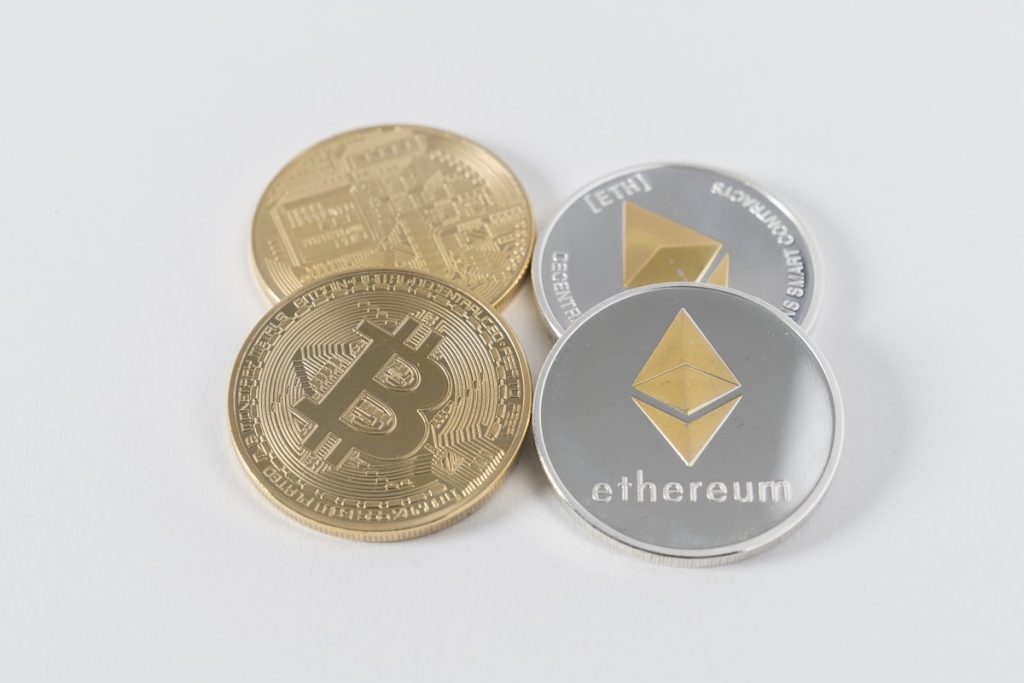In 2009, Bitcoin crept onto the scene of an unprepared tech ecosystem. No one really knew what to make of the new cryptocurrency so it limped along in relative obscurity for several years. Since those early days, the crypto landscape has dramatically changed to include ICOs, security tokens and much more. Here are the basics of what you need to know to keep up with the office buzz.
What is cryptocurrency?
Cryptocurrency is a decentralized, encrypted digital cash system that can be used for a huge range of activities like money transfers, crowdfunding and even space travel. It may seem counterintuitive, but cryptocurrency is more similar in nature to stocks than actual currency. You’re effectively purchasing tech stock, a bit of blockchain and a slice of the network when you buy crypto. This digital cash system is predicted to become widespread across industries and verticals.
What is an Initial Coin Offering?
ICOs developed as a fundraising tool for startups to collect capital without offering up large portions of equity and ownership by trading future cryptocurrency in exchange for immediate liquidity. Since May 2018, ICOs raised $13.7 billion dollars for the companies that offered them. Holding an Initial Public Offering (IPO) is how startups and companies sell ICOs and raise funds. There are three key differences between an ICO and an IPO to remember:
- ICOs are decentralized
- ICOs are unregulated
- Zero legal red tape (other than the fact that U.S. citizens technically cannot participate)
What are the differences between utility tokens and security tokens?
The differences between a utility token and a security token are key to understand when engaged in the cryptosphere. Most ICOs typically issue utility tokens, which provide future access for the startup company’s products and services. The price of each token is expected to rise as demand for the product or service increases, subsequently earning investors a return on their money. On the other hand, security tokens have ownership rights, due to their external, tradeable asset-backed value. You can think of them like ‘company shares,’ they even have the same pitfall – late liquidity due to limited trading.


